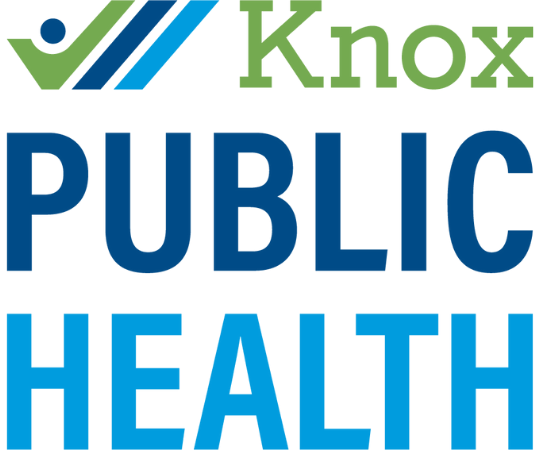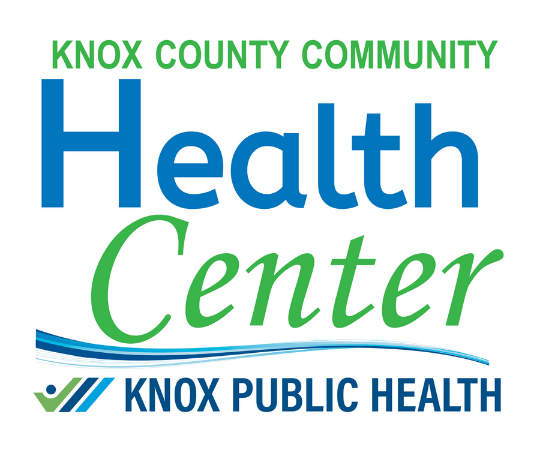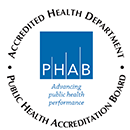
June is PTSD Awareness Month, and as we know, PTSD often goes untreated, even though there are treatments available that can work and help those with PTSD live better, more fulfilling lives. According to the U.S Department of Veterans Affairs, there are about 8 million people with PTSD.
What is PTSD?
PTSD stands for Posttraumatic Stress Disorder. This is a mental health condition developing after a life-threatening event or trauma, either experienced or witnessed. This can affect anyone at any time.
Examples include:
- Serious accident
- Natural disasters such as tornadoes, fires, or floods
- War
- Rape
- Terrorist act or a shooting
- Exposure to others’ traumatic events, especially if in a job as first responders, military, fire, and police
After such an event, it may be hard to sleep or do daily activities like work, school, going out, playing with kids, and spending time with family. Memories are upsetting and recurring, causing the individual to feel on edge. People might experience flashbacks or have nightmares, or have intense feelings of sadness, anger, severe anxiety, or fear.
Having some of these feelings are normal after a traumatic event, and most people work through them and will feel better after a few weeks or months. But if these feelings persist, get worse, or happen months after the event and cause problems, it may be PTSD.
PTSD is the result of symptoms experienced that don’t go away following a trauma and interfere with your daily life.
PTSD Triggers
Traumatic events are caused by many life-threatening events. As we know, PTSD can come and go throughout your life. Some events serve as triggers for PTSD to reoccur. These reminders trigger the symptoms. Understanding what they are can help you know what to do when they are triggered.
- Not thinking about the trauma creates avoidance, and left untreated can make it difficult to cope with daily life.
- Anniversaries of the event can lead to heightened distress or medical issues.
- Veterans suffer from reminders and memories of events.
- Sounds, sights, and smells could remind you of the event.
- Children may have triggers for years, depending on the event, and the treatment offered after the event.
Do you think you have PTSD?
If you’ve been through a traumatic event, whether recently or in the past, a screening is needed to diagnose PTSD. This screening consists of questions to understand your thoughts, behaviors and feelings since the trauma was experienced. The results help our counseling staff determine if further testing is needed. This further testing is more in-depth and provides a diagnosis, pinpointing how to get started with treatment.
Next Steps
If you have been through a traumatic event, it’s important to talk with someone, whether it is your doctor, a mental health therapist, a local VA facility (if you are a Veteran), a family member, or a clergy member. If your thoughts become severe or negatively impact your life, or if you feel suicidal, contact someone right away. To call the National Suicide Prevention Lifeline, dial 1-800-273-8255, or you can chat online at SuicidePreventionLifeline.org.
Our staff at Knox County Community Health Center can be a first step for you. We do accept Veterans Insurance as well as ALL other types of insurance. We reduce all of the barriers many find to obtaining quality mental health care. Even if you do not have insurance, or would rather self-pay for services, the Health Center provides a sliding fee scale and payment plans.
To start your journey, schedule an appointment by calling 740-399-8008.
This will connect you with scheduling at all of our counseling locations.



